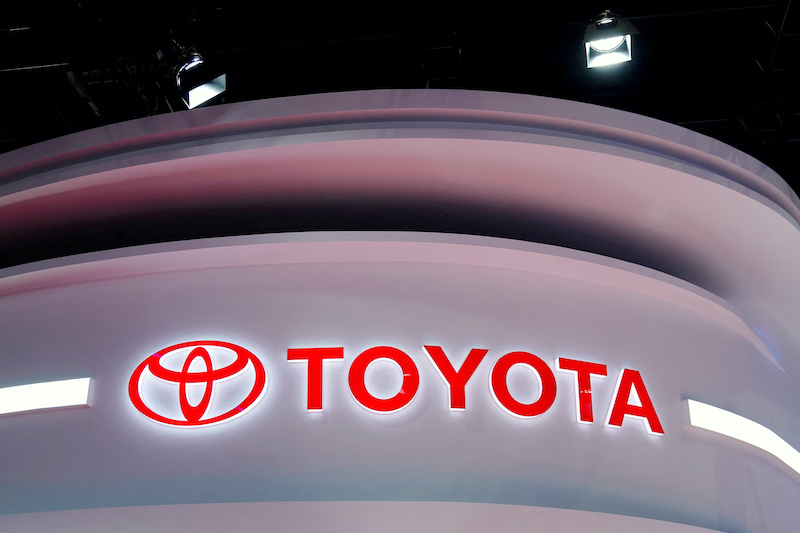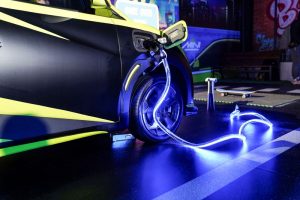Japanese auto giant Toyota has revealed plans to launch 10 new electric vehicle models by 2026, just days after making sweeping changes to its leadership team.
Toyota will also set up a new, specialised unit to focus on battery EVs and is targeting annual production of 1.5 million battery-powered cars by 2026, Hiroki Nakajima, the company’s chief technology officer, said at a briefing.
The increase would mark a sharp upturn from Toyota’s current levels of electric vehicles.
The automaker, the world’s largest by sales, has pushed back against criticism it has been too slow to embrace battery-powered vehicles. Toyota argues that a mix of options – including petrol-electric hybrids – makes more sense for its global customer base.
Also on AF: China Envoys ‘Grab’ Billions in Unprecedented Push for Deals
The EV plan follows major changes to the firm’s leadership team, with Koji Sato expected to confirm its new EV architecture was in the works at his first briefing as CEO on Friday.
The world’s biggest carmaker knows it needs to match Tesla’s design and manufacturing innovations if it is to drive down production costs and turn its all-electric business into a higher margin one as its Silicon Valley rival has done, another person said.
A new EV platform, if implemented, would be the result of a far-reaching review of Toyota’s electric-car strategy undertaken last year.
A shift for Toyota is long overdue, critics say. Under former CEO Akio Toyoda, the founder’s grandson who became chair on April 1 when Sato took the top job, Toyota saw global demand for battery electrics outstrip its modest estimates.
“Some of the statements that came out of Toyota when Akio Toyoda was CEO sort of made it sound kind of like hybrids are going to be there forever. No, it’s your standby, it’s your hedge. EVs have to be first,” said CLSA analyst Christopher Richter.
Environmentalists and investors also have been increasingly vocal about the need for Toyota to move faster.
Tesla made almost eight times the profit per vehicle as Toyota for the third quarter, partly because of its ability to simplify production and reduce cost.
Toyota Lagging Tesla
EVs are now expected to globally represent more than half of total vehicle production by 2030. Meeting that demand will be critical for Toyota. So far it has fallen short – its initial battery EV, the bZ4X, suffered an early recall and has had only limited sales.
In the US, where the growth of EVs is outpacing that of the overall market, Toyota’s lack of battery electric models appears to be hurting sales. Toyota reported US sales fell by nearly 9% during the first quarter while General Motors saw an 18% boost, helped by greater demand for EVs from fleet and commercial customers.
US consumers making the switch to electric vehicles are largely doing so from Toyota and Honda, data from S&P Global Mobility showed in November.
If Toyota doesn’t pursue electric vehicles under Sato, the company “will be leaving money on the table,” said Katherine Garcia, director of the Clean Transportation for All Campaign at the Sierra Club, pointing to the growth of EVs across US states.
Some of Toyota’s suppliers have also privately expressed concern about its slow embrace of EVs.
According to one executive at a Toyota supplier who declined to be identified, some have been looking at increasing business with other manufacturers to hedge their risk when it comes to EVs.
But that could change depending on the carmaker’s strategy, the executive added.
- Reuters with additional editing by Sean O’Meara
Read more:
Toyota to Make EVs in US in 2025, Agrees to Big Japan Wage Hike
Toyota Picks a New Younger Driver to Take the Wheel
Toyota to Change EV Strategy to Close Gap With Tesla, BYD
























